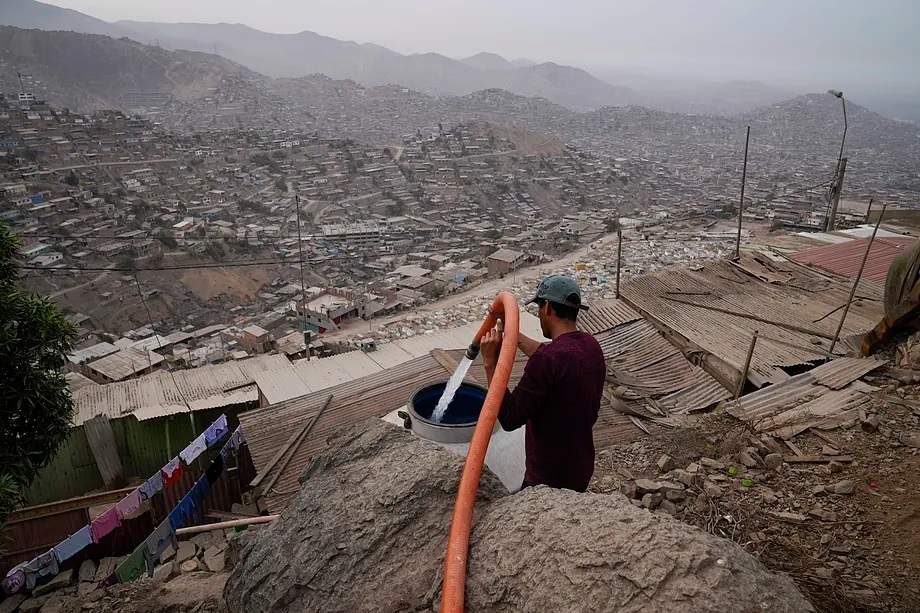In the last 50 years, the world has lost between 2% and 6% of its biodiversity per decade. If this pace continues, the grandchildren of the current generation will know a planet Earth where its animal, plant, fungal, and even virus and bacteria species will bear no resemblance to those we know today.
The Intergovernmental Science-Policy Platform on Biodiversity and Ecosystem Services (IPBES) of the UN, composed of more than 150 countries, has just released the Nexus report in Namibia, with analysis, advice, and recommendations to address the five major crises threatening the planet: biodiversity, water, food, health, and climate change.
The report, prepared by 165 experts from 57 countries, highlights that these crises "are interconnected, interact with each other, cause cascading effects, and worsen each other when addressed separately."
The document states that biodiversity is decreasing at all levels, even though 50% of the global GDP depends on nature-related sectors. "Short-term economic benefits are prioritized in decision-making while ignoring the costs to nature. Yet, the unaccounted costs of current economic activity approaches amount to at least between 10,000 and 25,000 million euros per year," says Professor of Human Ecology Pamela McElwee, Co-Chair of the IPBES Assessment report, along with Professor from the UK Centre for Ecology and Hydrology, Paula Harrison. Delaying the necessary measures to achieve policy objectives will also increase implementation costs, the report concludes.
These ongoing declines, largely as a result of human activity, have direct repercussions on food security and nutrition, water quality and availability, and resilience to climate change.
"A key message of the report is that the increasingly negative effects of intertwined global crises have very unequal repercussions, disproportionately affecting some more than others," Harrison stated. More than half of the world's population lives in areas experiencing the greatest impacts from biodiversity decline, water quality, and food security.
42% of the world's population cannot afford a healthy diet. Over 800 million people in Asia and Africa are affected by food insecurity, and the life expectancy difference between regions of the world is around 20 years, with extreme cases like Japan and Chad differing by 31 years.
"Biodiversity is vital to meet the growing need for food, feed, fiber, and fuel for humanity, but we must produce more with less," the report points out.
But not all news is bad, global plastic reduction policies are leading to improvements in water quality, wildlife protection, fewer floods, and waterborne diseases. However, other data reminds us that 16% of premature deaths worldwide are due to air and water pollution.
58% of human infectious diseases will worsen with climate change, the report warns, as well as natural disasters. IPBES experts have recorded 12,000 disasters caused by extreme weather events in the last 50 years, resulting in two million human deaths and costs of 4,300 million euros.
